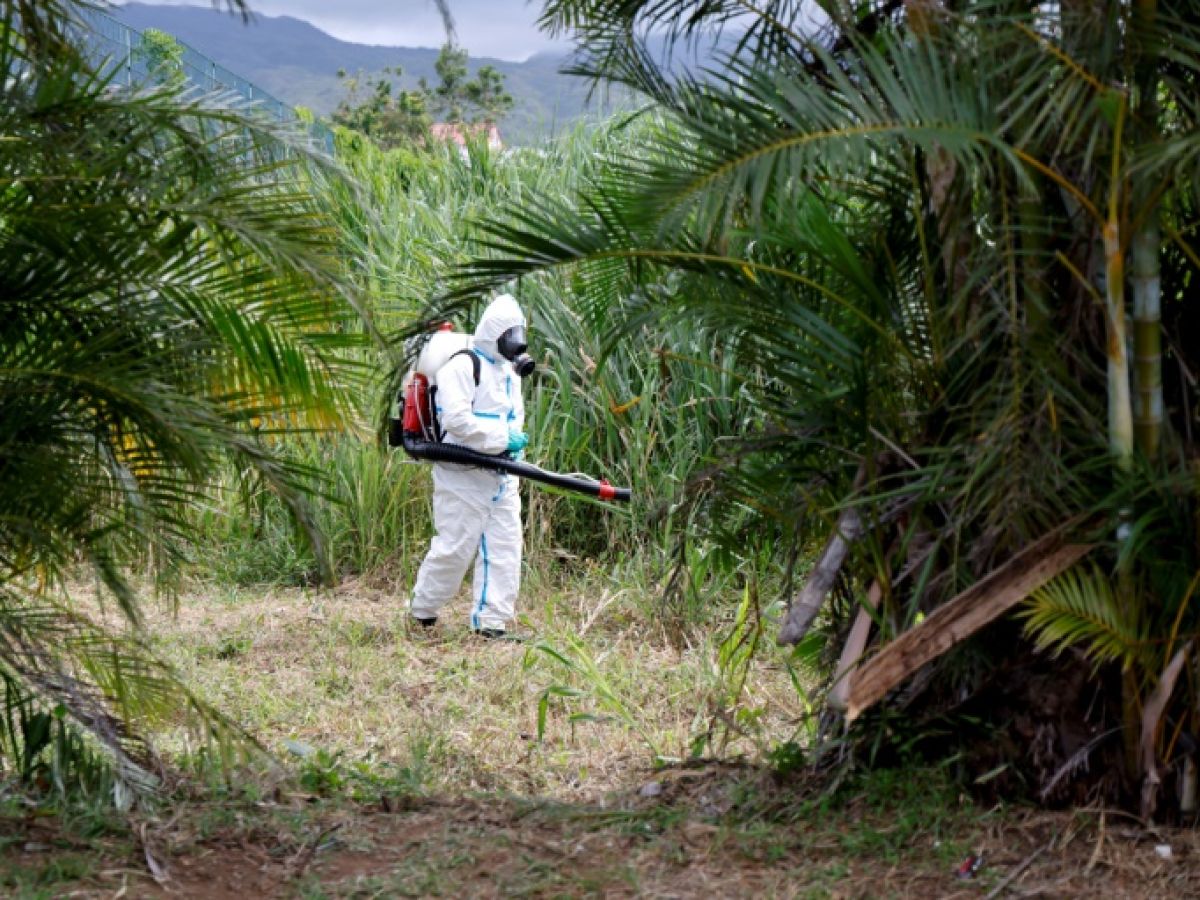The deaths of five people in Réunion Island have been attributed to chikungunya, bringing to 20 the number of deaths linked to the epidemic, which is nevertheless "in a declining phase," Public Health France (SPF) announced on Wednesday.
"Following the last meeting of the accountability committee (...), five cases were classified" as deaths linked to chikungunya, SPF specified in its epidemiological bulletin, while adding that "Réunion has been in a phase of epidemic decline" since the end of April.
In a press release, the prefecture of Réunion announced a return to the "low-intensity epidemic stage," citing a "sharp decrease" in the number of consultations for clinically suggestive cases of chikungunya and visits to emergency rooms.
"The impact on healthcare facilities has also diminished," the prefecture said.
The five deaths that occurred between March 31 and May 11 were being investigated as part of the epidemic that began in August 2024 in Réunion, where cases exploded from March 2025.
They all concern people aged 68 to 95 with comorbidities (mainly chronic pathologies), according to the agency, which specifies that 37 other deaths are currently being investigated as to the imputability of chikungunya.
The Indian Ocean department is in a phase of "epidemic decline" for the fifth consecutive week, however, the health agency assures, adding that "although in sharp decline, the circulation of chikungunya on the island remains significant with disparities depending on the geographical areas."
The activity in community medicine concerning the epidemic fell by 55% over one week, going from approximately 3,800 consultations to 1,800.
Emergency room visits due to chikungunya have decreased by 15% over one week.
Since the beginning of 2025, nearly 53,000 cases of "biologically confirmed indigenous chikungunya" have been reported in Réunion, which has a population of around 900,000.
The total number of cases, however, is believed to be much higher, as many patients have not been tested. The Regional Health Agency (ARS) of Réunion estimates that 200,000 people have been infected with the virus.
The upcoming southern winter should mark a lasting decline in the spread of the disease, the ARS indicated at the beginning of the week, also estimating that a rebound of the epidemic next year is unlikely due to the number of people now immune.
Mayotte, another French department in the Indian Ocean, however, entered the epidemic phase this week, with "intense and widespread transmission" of this viral disease transmitted by the tiger mosquito. Since the beginning of the year, 560 confirmed cases of chikungunya have been reported there.
